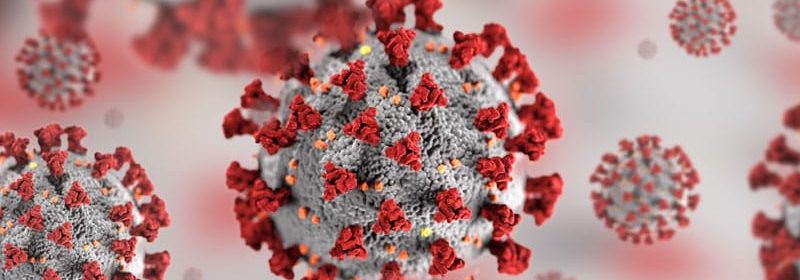International Experts Recommend Actions to End the Pandemic

Editor’s note: Find the latest COVID-19 news and guidance in Medscape’s Coronavirus Resource Center.
SARS-CoV-2 still moves among us, requiring continued efforts and resources to save lives. This is the first of six themes outlined in an article published this month in Nature. A multidisciplinary panel of 386 experts from 112 countries and territories was convened to recommend specific actions to end this persistent global threat to public health. Among the panel members were the following three from Italy: Giorgio Buonanno, PhD, of the University of Cassino and Southern Lazio; and Fidelia Cascini, MD, PhD, and Walter Ricciardi, MD, MPH, both of the Catholic University of the Sacred Heart in Rome. The study was led by researchers from Spain’s Barcelona Institute for Global Health (ISGlobal). Worldwide, 184 organizations in 72 countries have already endorsed the resulting consensus statements and recommendations.
From rebuilding public trust in vaccines and counteracting false information to adopting unified governmental approaches, the experts presented numerous strategic options to help decision-makers end COVID-19 as a public health threat. The 57 recommendations were grouped into the following six domains: communication, health systems, vaccination, prevention, treatment and care, and inequities. The study had a large sample size as well as a design that emphasized consensus building and the reporting of disagreement through the Delphi method.
To develop a global consensus regarding these ongoing problems, the researchers carried out a Delphi study that yielded 41 statements and 57 forward-looking recommendations. The three highest ranked recommendations were the following:
-
Pandemic preparedness and response planning should adopt a whole-of-society approach that includes multiple disciplines, sectors, and actors.
-
Community leaders, scientific experts, and public health authorities should collaborate to develop public health messages that build and enhance individual and community trust and use the preferred means of access and communication for different populations.
-
All countries should adopt a vaccines-plus approach that includes a combination of COVID-19 vaccination, prevention measures, treatment, and financial incentives.
Other recommendations with at least 99% combined agreement advise governments and other stakeholders to improve communication, rebuild public trust, and engage communities in the management of pandemic responses.
Although all members of the panel say that vaccines are an effective tool against COVID-19, 97% agree that vaccination alone is insufficient to end the COVID-19 pandemic as a public health threat. Thus, the panel places a strong emphasis on additional prevention measures. It particularly emphasizes a “vaccines-plus approach” that includes strengthening primary care, implementing social distancing, and removing economic barriers to personal protective equipment.
As of October 30, approximately 630 million confirmed cases of COVID-19 and over 6.5 million deaths have been reported globally (although the actual number of deaths has been estimated to be over 20 million). In addition, millions of patients with cancer and chronic diseases have experienced dangerous delays in healthcare. And anyone who survived COVID remains under the threat of long COVID, which continues to elude attempts at finding a cure. Moreover, the virus continues to accumulate mutations that make it capable of evading previous immunity. For these reasons, many public health leaders, including members of the Delphi panel, continue to regard COVID-19 as a persistent and dangerous global health threat.
This article was translated from Univadis Italy.
Source: Read Full Article